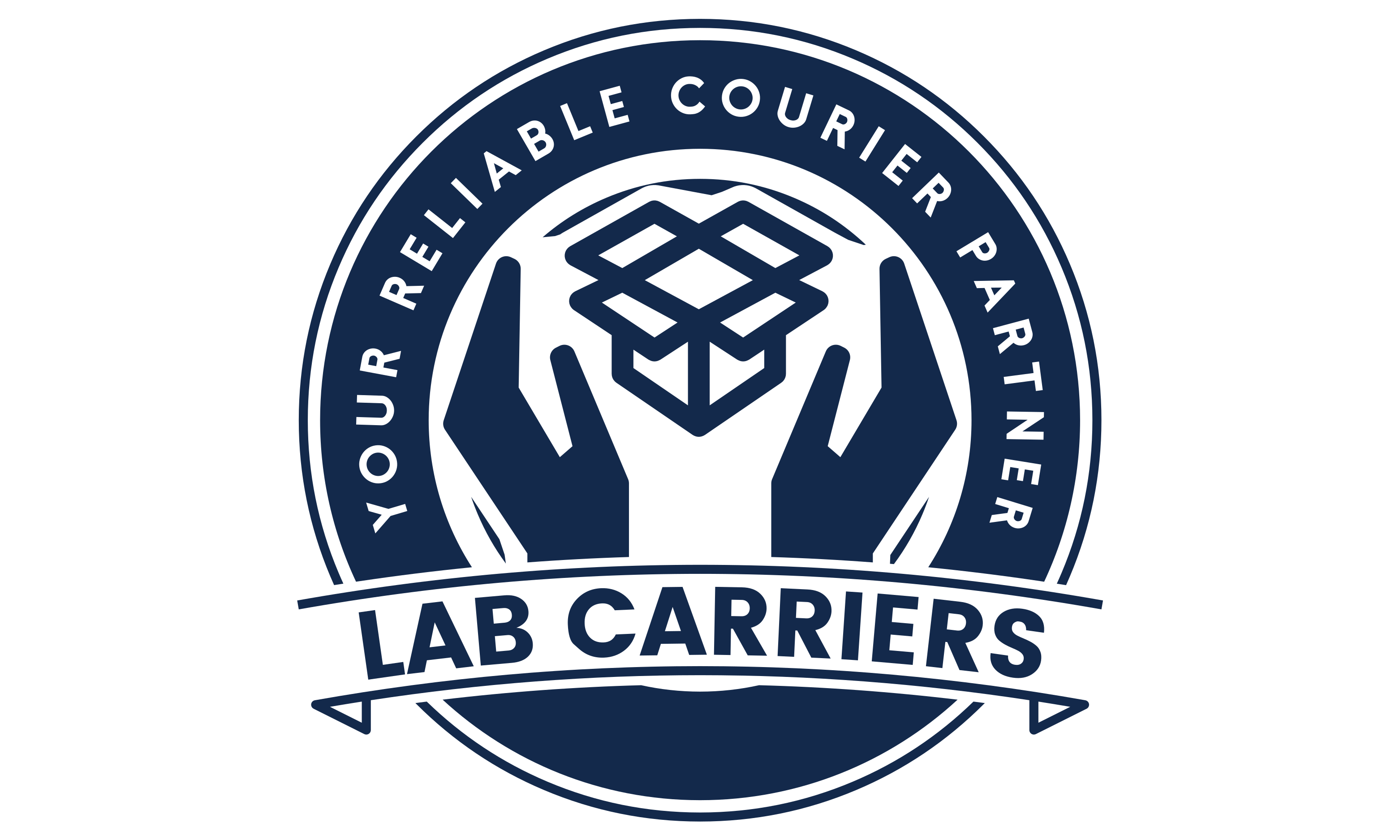A medical courier is a specialized courier service that is responsible for transporting medical supplies, equipment, specimens, pharmaceuticals, and other healthcare-related items from one location to another. These couriers play a crucial role in the healthcare industry by ensuring the safe and timely delivery of various medical items. Here are some key aspects of a medical courier’s job:
- Transporting Specimens: Medical couriers often transport biological specimens such as blood samples, urine samples, tissue samples, and other diagnostic materials between healthcare facilities, laboratories, and medical offices.
- Medication and Pharmaceutical Deliveries: They may also be responsible for delivering medications and pharmaceutical supplies to hospitals, clinics, pharmacies, and other healthcare providers.
- Medical Equipment Delivery: Medical couriers may transport medical equipment, such as medical devices, surgical instruments, and other healthcare tools, to healthcare facilities.
- Temperature-Sensitive Items: Some medical items are temperature-sensitive and need to be transported in temperature-controlled containers. Medical couriers must ensure these items are handled with care and maintain the required temperature conditions during transport.
- Adherence to Regulations: Medical couriers are often required to follow strict regulations and guidelines to maintain the integrity and safety of medical specimens and supplies. Compliance with laws like HIPAA (Health Insurance Portability and Accountability Act) is crucial when handling patient information.
- Timeliness and Reliability: Timely delivery is critical in the healthcare industry. Medical couriers must ensure that items are delivered on time to prevent delays in patient care and medical testing.
- Secure Handling: Medical couriers are entrusted with sensitive and confidential information and materials. They must ensure the secure handling and transportation of these items to protect patient privacy and data security.
- Chain of Custody: Maintaining a clear and documented chain of custody is essential when transporting medical items, especially for legal and liability purposes. This involves tracking and documenting who handles the items from pickup to delivery.
- Communication: Effective communication is vital in this role, as medical couriers may need to coordinate with healthcare professionals, laboratory technicians, and other stakeholders to ensure a seamless and safe transfer of medical items.
- Vehicle and Equipment: Medical couriers typically use vehicles and equipment that meet the necessary safety and transportation requirements for medical items. This may include refrigerated vans for temperature-sensitive items or secure containers for confidential documents.
Medical courier services are crucial for the healthcare industry, as they help ensure the smooth operation of medical facilities, timely diagnosis and treatment, and the overall well-being of patients. These services are typically provided by specialized courier companies with experience in handling healthcare-related shipments and complying with industry regulations.
